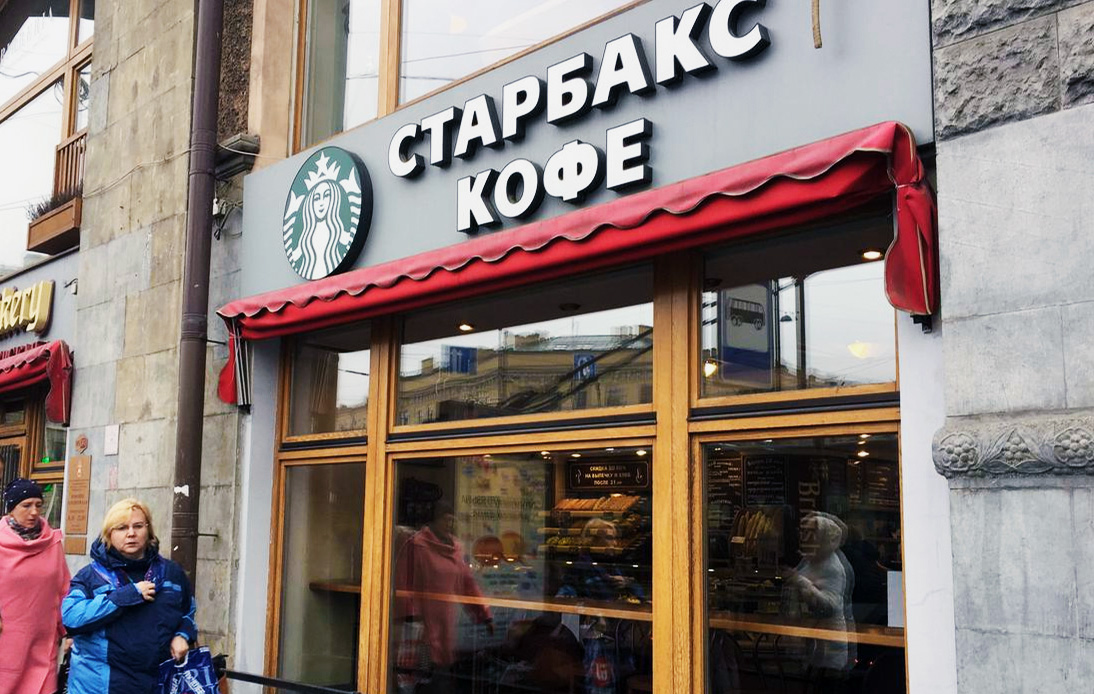
Starbucks announced it’s exiting Russia after 15 years of operations, becoming the latest Western company to leave the country after the invasion of Ukraine.
The American coffee giant said it would close its 130 cafes across Russia and completely retreat from the Russian market two months after suspending trading there due to the war in Ukraine.
In March, the company stopped shipments of raw materials and related products to Russia, but now it has “made the decision to exit and no longer have a brand presence in the market.”
Starbucks, estimated to earn less than 1% of its $19 billion global revenue from the Russian market, did not disclose details about the move’s financial impact on its business.
However, the firm has pledged to continue paying nearly 2,000 employees working in its Russian stores for six months to “transition to new opportunities outside of Starbucks.”
Kuwait-based owner and operator of Starbucks stores, Alshaya Group, referred questions about the decision to leave to the coffee chain, saying it had been a “Starbucks announcement.” The group also did not respond to inquiries about whether it would sell its stores or plan to reopen under another brand.
Starbucks joins other big companies like McDonald’s and Renault in their permanent departure from Russian territory. Last week, the fast-food chain announced it was leaving Russia permanently after selling its 850 outlets to a local buyer.
Earlier this month, French automaker Renault announced that its business would be nationalized and taken over by Russian authorities.
Experts explain that their decision to leave is due to tensions between Moscow and Western allies, as the United States and the European Union responded to Russia’s invasion of Ukraine with far-reaching economic sanctions.
While the measures aimed at isolating Russia from the global financial system and putting economic pressure on the government of Russian President Vladimir Putin, they also made it difficult for Western companies to continue operating in the country.
Western firms’ exit from Russia has also affected locals. In April, Moscow’s mayor estimated that around 200,000 people living in the city were at risk of losing their jobs as such companies left the country.




















